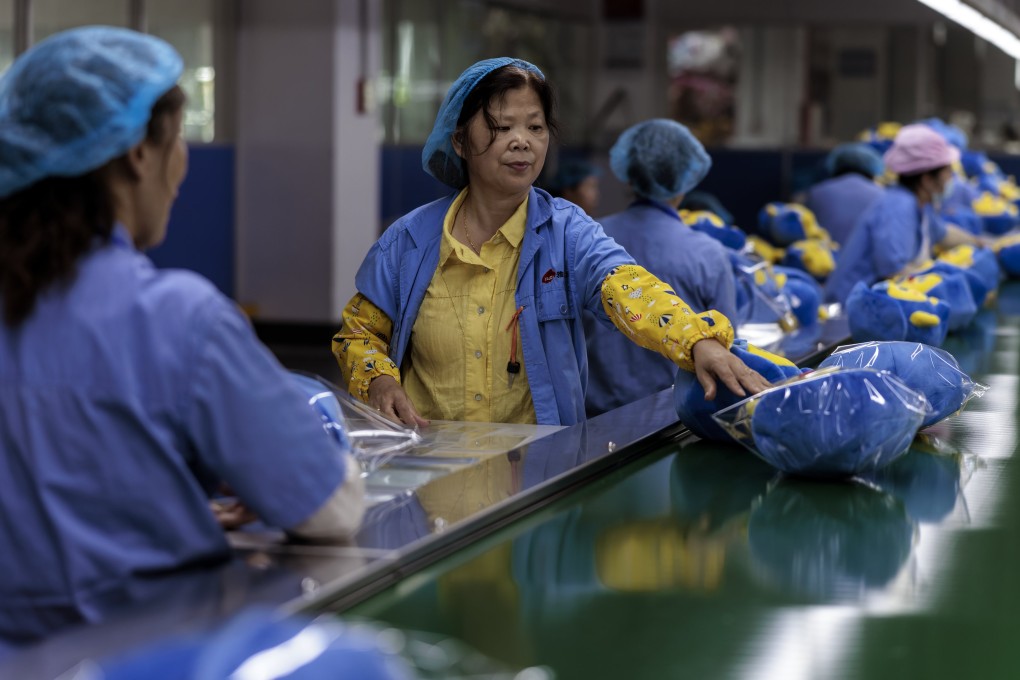China consumer, producer price inflation set to continue ‘falling over coming quarters’ after easing in August
- China’s headline inflation rose less than expected in August, while factory-gate prices also fell short of expectations last month
- Analysts expect ‘both inflation measures to continue falling over the coming quarters’

China’s headline inflation rose less than expected in August amid weak demand as the faltering economy was hit by the resurgence of coronavirus outbreaks, with the decline expected to continue over the coming months, analysts said.
In comparison, inflation in the United States eased to 8.5 per cent in July but remained elevated having stood at over a 40-year high of 9.1 per cent in June.
We expect both inflation measures to continue falling over the coming quarters
“Consumer price inflation fell in August and remains below the [People’s Bank of China’s] preferred ceiling of 3 per cent, leaving room for the bank to ease policy further. Meanwhile, producer price inflation declined to its lowest in 18 months. We expect both inflation measures to continue falling over the coming quarters,” said Sheana Yue and Zichun Huang, China economists at Capital Economics.
Food prices in China rose by 6.1 per cent from a year earlier in August, compared to 6.3 per cent growth in July, while non-food prices grew by 1.7 per cent last month, year on year, down from a reading of 1.9 per cent growth in July.